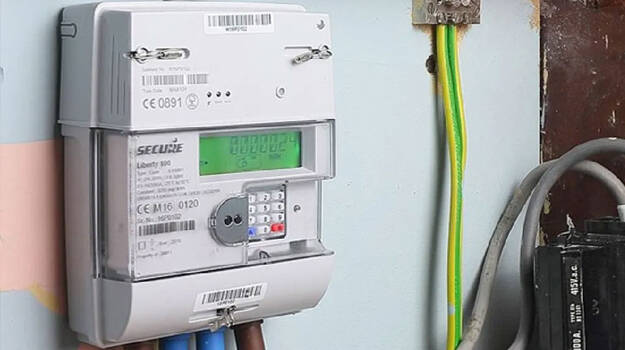

It is no surprise that KSEB employees are averse to smart meters, which are supposed to be good for consumers. Everyone on the board, including the ruling union, is against the change. Employees are stubborn to see their interests served no matter how the board operates. They won't say a word against the frequent increase in electricity rates and extorting the consumers. They show no particular emotion, even as losses pile up due to mismanagement. All those who have tried to make reforms that would be beneficial to the organization while sitting at the head of the board are in a situation where they have to bow their heads and leave after being insulted.
In the matter of smart meters as well, the board is not able to make a move due to the obstinacy of the employees'. Many states in the country offer electricity at rates lower than that of Kerala and when they manage to offer many benefits there, here it is given just for the sake of it. A board that is constantly incurring losses will not be able to provide many benefits anyway. No results were seen even though the center gave an ultimatum to implement smart meters. The central proposal was to bring the reform at least by last December. Knowing that failure to comply with the directive would result in huge financial losses, the board invited tenders for the purchase of smart meters twice. The measures could not be proceeded with as the organizations rallied with the threat of mass agitation. The tender was called again a few days ago, but things do not look positive. In the context of the ongoing crisis, the issue came before the government again but the departmental minister is of the position that the government should take the final decision. A proposal was made to suspend the tender process till then. In short, smart meters cannot be installed without the consent of the unions on the board. It is doubtful whether the target of smart meters for all consumers will be achieved by 2025.
The question is whether the government will be able to tame the unions who are arguing that smart meters will lead to privatisation. The government had appointed an expert committee to study the smart meter crisis. The organizations are opposed to the central directive that a single agency is sufficient to supply, maintain and collect the bill amount for the meter. They are also against charging a huge amount for the meter. Organizations argue that institutions like C-DAC should be entrusted with the task but there are doubts about whether it will be possible to supply smart meters on a large scale or take up related work.
The board is worried that the central subsidy will be lost if the project is not completed on time. Due to transmission and distribution losses, KSEB is losing at least Rs 2315 crore in revenue annually, and smart meter is the solution for this also. If the reforms are implemented as suggested by the Centre, the board will get assistance of more than ten thousand crores also. The problem is not just the loss of all this and the subsidy. To cover the losses faced by the board, another rate hike will be necessary and an increase of 41 paise per unit is recommended for this year. Will the board decide that the people who are destined to bear all the burden should bear this too?